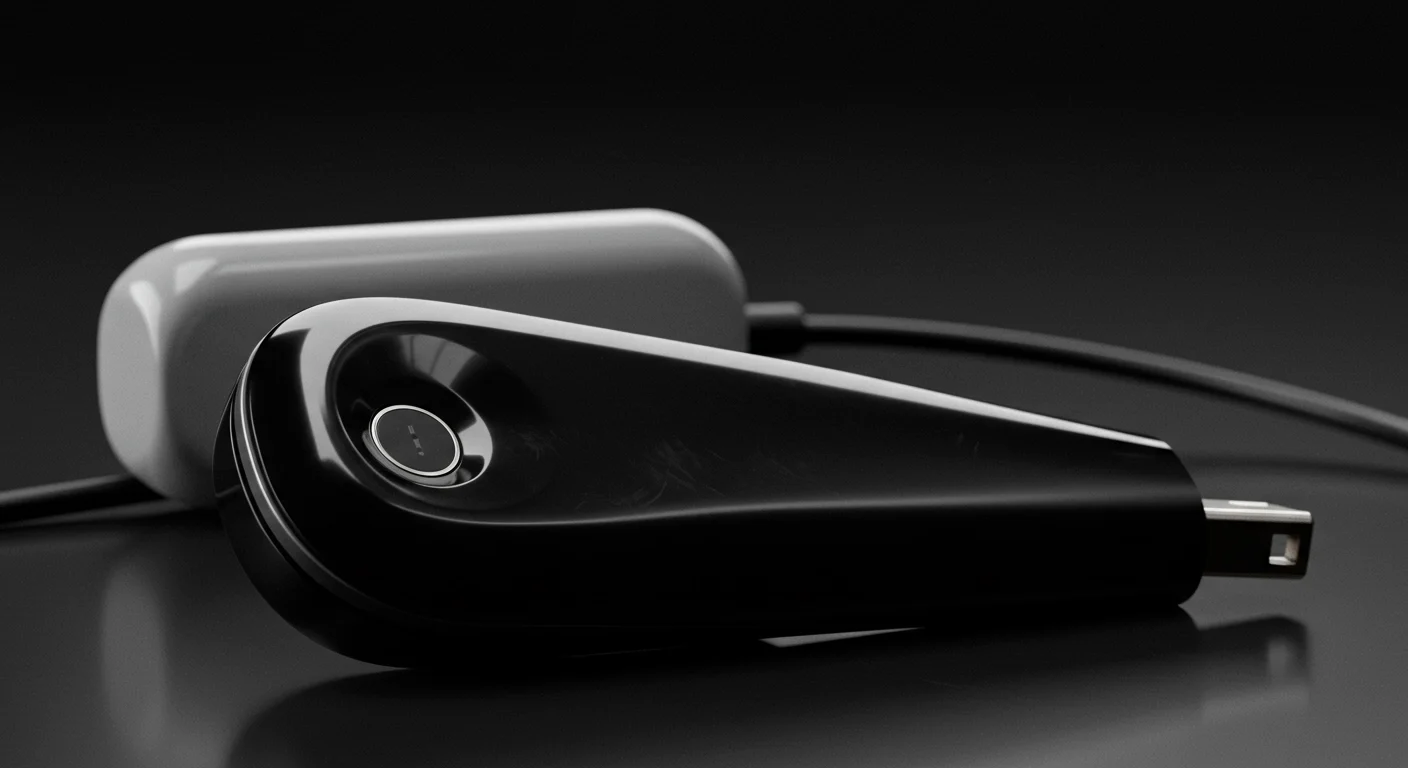
High-Wattage Car Chargers: Friend or Foe to Your Phone's Battery?
Plugging your expensive smartphone into a car charger feels like a leap of faith for many. You've heard the whispers: that powerful, high-wattage car charger you bought to get a quick boost on the go might be secretly frying your phone's delicate battery. It's a common fear, but one that is largely based on outdated information. In a world of rapidly evolving technology, it's time to separate fact from fiction. The real question isn't just about power, but about quality and intelligence built into the devices we rely on every day.
How Smart Charging Protects Your Phone
The most important thing to understand is that your phone is in control of the charging process, not the charger. Modern smartphones and quality chargers engage in a sophisticated digital 'handshake' the moment you plug them in. Using protocols like USB Power Delivery (PD) or Qualcomm's Quick Charge, your phone tells the charger exactly how much power it can safely accept. A 100W charger won't force 100 watts into a phone that can only handle 25W. Instead, it will intelligently scale down its output to match the phone's request perfectly. This communication is the primary safety feature that protects your battery from being overloaded.
So, Can a Fast Car Charger Damage Your Phone?
Directly, the high wattage of a quality charger is not the threat. The actual risk comes from using cheap, generic, or uncertified chargers. These low-cost alternatives often cut corners on critical safety components. They might fail to regulate voltage properly, lack overheating protection, or not adhere to established charging standards. This instability is what can cause damage. An inconsistent power flow can lead to excess heat—the number one enemy of lithium-ion battery health—and, in rare cases, can damage the charging port or internal circuitry. Therefore, the problem isn't fast charging; it's unsafe charging from a substandard product.
Choosing the Right Charger for Peace of Mind
To ensure both speed and safety, you must choose a reputable car charger. Look for key certifications like UL (Underwriter Laboratories), CE, or FCC on the product or packaging. These marks indicate that the charger has been independently tested to meet strict safety and performance standards. Stick with well-known brands that have a history of producing reliable electronics. By investing in a certified charger from a trusted manufacturer, you are ensuring that the device will communicate effectively with your phone and provide a stable, safe, and efficient charge every time.
The Consumer's Best Verdict
A high-wattage car charger will not damage your phone's battery, provided it is a well-made, certified product. The intelligence built into your smartphone protects it by regulating the power it draws. The true culprit behind battery damage is the use of cheap, uncertified chargers that fail to provide stable power. Navigating the market to find these reliable chargers can be challenging, which is why at Consumer's Best, we rigorously test and review the top car chargers to help you make a purchase that protects your investment and keeps you powered up safely on the road.






